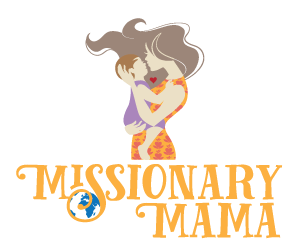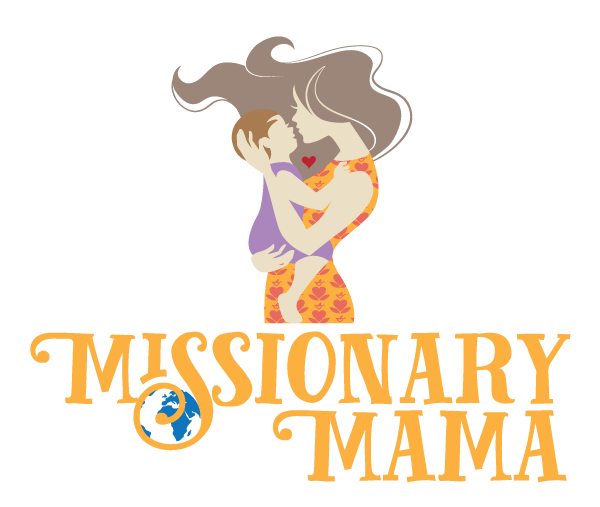
30 Sep Communion Across Culture
Twenty years ago, when I was still twenty-something and single, I was received into the Eastern Orthodox Church at St. George Cathedral in Wichita, Kansas.
I had been in that small windswept city on a graduate fellowship, and had spent some ten months living in a rented basement, writing a novel that was never to be published, and praying in hours and hours of isolation. I was preoccupied with questions about vocation, marriage, and purpose, and had no satisfying hypotheses about what God might want me to be doing.
And then a smiling Lebanese situ–“grandmother,” although I didn’t know that at the time—handed me a plate of kibbee and stuffed grape leaves at the St. George bazaar and I knew then I would be the next addition around the family table.
That might sound trivial, to put it this way, or worse, just another instance of “spiritual tourism.” But I’m dead serious: what I found in the Eastern church was nothing less than the beauty of the Incarnation—in the food we eat, the prayers we pray, and the Scriptures that tell of God’s Son who came to be the Savior.
Suddenly, the Church became a lot bigger and more complicated, and the world became a lot smaller.
Some of the new insights came from close by: Did you know that there was a pretty substantial Syrian/Lebanese Christian community in Wichita, Kansas? I didn’t. I also didn’t know that there are historic Lebanese communities in Oklahoma City and Omaha, and that there is a fair amount of community competition and family back-and-forth among them.
I did know that there were Lebanese families all over the Mississippi Delta—most of whom are Maronite Catholics, not Orthodox, but I didn’t know that many of them in small towns owned liquor stores because, guess what, in Muslim-majority countries—it is the Christians who can sell liquor.
My awareness of these nuances has stayed with me during the years that have elapsed since, and definitely informed how I both teach my children—who are now 12 and 7– about other countries and cultures around the world, and how to evangelize the Good News to them.
A great benefit is that Orthodox Christianity is, in the United States and the West at least, a minority expression of the Christian faith. After 20 years of that Easter-on-a-different date, I can relate to that feeling of isolation and being left out that my Jewish and Muslim friends have expressed about their holidays never being on the calendar.
In addition, with its calendar of feasts and fasts—which are tied to the events of the Bible as well as the goal to increase personal prayer and sanctification—the tradition has resonances with the way that both observant Jews and Muslims practice their faiths. While American culture seems to assume that “Christmas” starts on the day after Thanksgiving and is abruptly over on Christmas afternoon, my children know that Advent is a time of meat abstinence and preparation—and that Christmas extends far beyond December 25 (or January 7, for some of our friends.)
These kinds of observances enable them to have solidarity with others who are, say, observing Ramadan or are keeping kosher, and even to begin understanding how faiths overseas are lived out against the backdrop of geopolitical trends—some of them complicated and controversial.
I’d long known about and prayed for foreign missions—and still do—but I hadn’t known much about countries in the Middle East and Asia that had an ancient Christian tradition. As a convert myself, I am heartened by the witness of passionate missionaries, and perhaps they can tell the Good News in a way that people would otherwise be unable to hear in the churches where they were raised. But I also believe passionately in the unbroken witness of the ancient churches that are often forgotten or dismissed on these shores.
It’s complex to try to explain why many Americans aren’t aware that there even are Arab Christians—and right now, it is a sober task to explain the increase in the numbers of Christians being martyred by Islamic groups. The children all have friends from church who have been casually accused of being terrorists or given the side-eye when their name—Osama, anyone?—is called out.
It’s also complex to explain to the children that we are not always in agreement with U.S government policies in these regions. All of us have learned through the crucible of experience that to be a Christian increasingly does not equate to being an American. At the same time, I am training my children to utilize the distinctly American values of respecting freedom of speech and religion in evaluating and encountering the other religions and cultures they meet.
It is on this plain of prayer and respect that they will be able to witness the Good News. My children have delightedly found kinship in Christians from around the world—from the West African Catholics in our neighborhood, to Latino Pentecostals and the white-veiled women at the Eritrean Orthodox Church down the street.
But they must also be prepared that it is lonely to follow Christ. If there is one thing I have learned from the beleaguered Eastern Christian communities, it is how to persist despite small numbers, and to persist in diaspora. And to be ready, if it is required, to give up everything to follow Christ.
Here is a way you too can engage with Christians from other cultures in your area:






No Comments